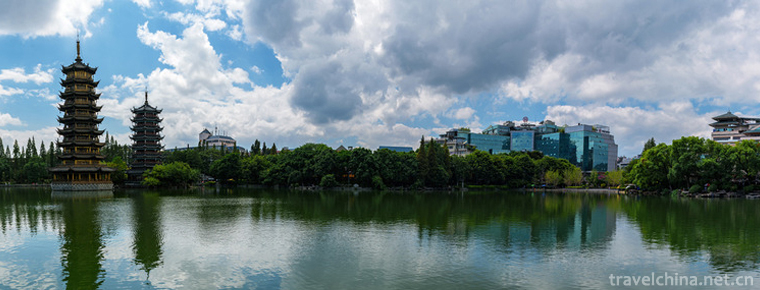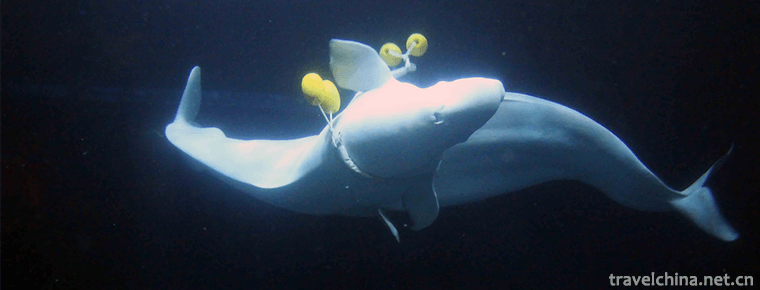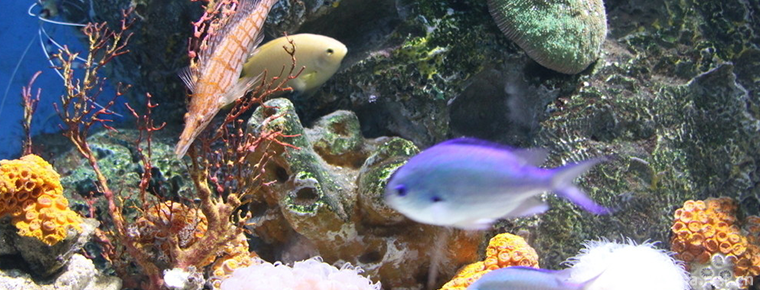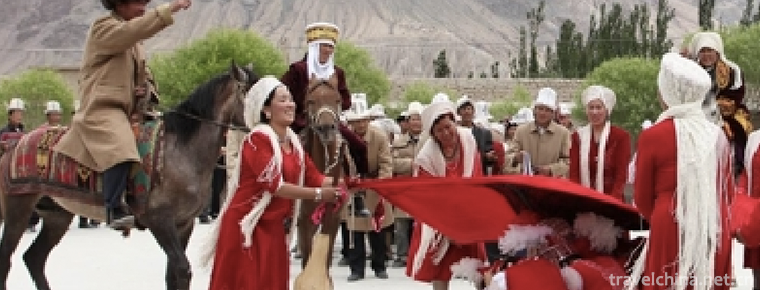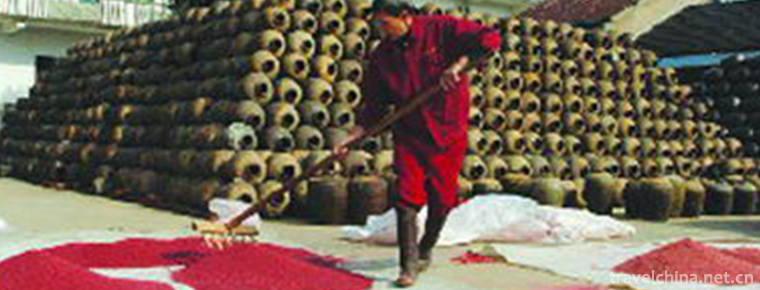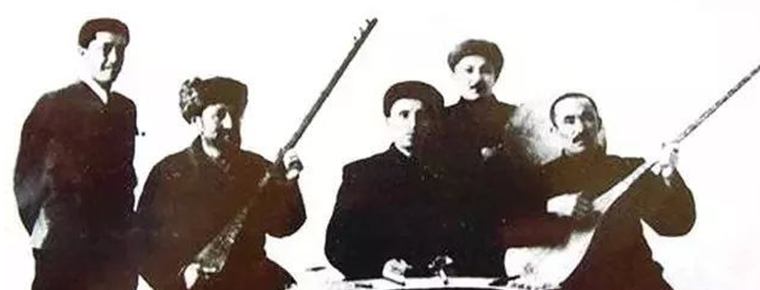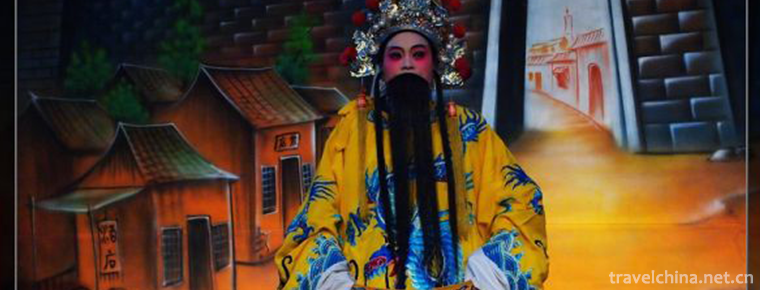North China University of Technology
North China University of Technology
North Polytechnic University was founded in 1946. Its predecessor was the National Beiping Advanced Industrial Vocational School. It was renamed Northern Polytechnic University in 1985 and has been mainly managed by Beijing since September 1998. After seventy years of vicissitudes, it has gradually developed into a multi-disciplinary higher education institution with a bachelor's degree, a master's degree and a doctor's degree. The school is located in the west of Beijing, east of the Five Rings, north of the West Hill, covering an area of nearly 500 mu, building area of more than 400,000 square meters. The campus is clean and elegant, with pleasant scenery and over 50% green area. It is one of the ten best beautiful campuses in Beijing.
Gathering Talents
There are more than 15,000 students in the school, including more than 10,000 full-time undergraduates, more than 2,000 graduate students, more than 3,000 adult higher education students and more than 600 overseas students. There are more than 1000 teachers, including one double-hired academician, seven high-level talents such as the National Thousand-Person Plan and the Ten Thousand-Person Plan, one excellent teacher in the whole country, 26 experts who enjoy special allowances from the State Council Government, and two experts who have made outstanding contributions in Beijing. It has been awarded by excellent teachers and educators at Beijing level, and has been awarded the title of famous teacher for teaching for nearly 50 times. More than 300 high-level talent projects at Beijing level have been approved. There are 24 academic innovation teams and excellent teaching teams at Beijing level.
Teach students in accordance with their aptitude
"Teaching students in accordance with their aptitude, quality first, and all-round development" is the school's educational characteristics. The school implements the flexible credit system and establishes the training system of "layered teaching, diversion training and classified talents", which fully meets the needs of students'self-study, all-round development and personalized talents. The school has established a practical teaching concept with the core of improving students'engineering practice ability, engineering design ability, employment ability and the cultivation of scientific and technological innovation and entrepreneurship ability. The school is an innovative experimental area of national talent training mode and a "Excellent Engineer Education and Training" Institute of the Ministry of Education. The school has the qualifications of exemption from examination for postgraduates and admission for high-level baseball and softball players.
Multidisciplinary Development
The school has 11 colleges, 20 departments and 48 undergraduate majors, covering science, engineering, literature, economics, management, law and art. The school has a doctoral training program serving the special needs of the country, 20 authorization points for master's degree in first-level disciplines (covering 57 second-level disciplines) and 15 authorization points for master's degree in professional disciplines. The school has three national characteristic specialty construction points, one first-class specialty in Beijing, five characteristic specialty construction points in Beijing and seven key construction disciplines in Beijing. The school has one national experimental teaching demonstration center, one national off-campus talent training base, six Beijing experimental teaching demonstration centers and nine provincial and ministerial key laboratories/engineering research centers.
Innovation of scientific research
The school's scientific research work takes the enhancement of independent innovation ability as the main line, actively serves the national and capital's economic and social development, pays full attention to scientific and technological innovation, and has made remarkable achievements in the development and application of high and new technology and its industrialization, and has formed comparative advantages in some fields. In recent years, scientific research achievements have won six second-class prizes for national scientific and technological progress, one Luxun Literature Prize and more than 50 provincial and ministerial awards. The university is an important base of the capital's scientific and technological conditions platform. The school adheres to the innovation drive, promotes the combination of industry, education and research, and creates an innovation and entrepreneurship base. It has established many collaborative innovation centers or research institutes, such as "Capital World City Smooth Transportation", "Intelligent Equipment for Civil-Military Integration", "Robot", "Sponge City and Underground Space", "Emerging Risk Research Institute".
Humanistic nourishment
The school culture is deeply accumulated, which gives birth to the school motto of "Dunpin, Encourage, Talent and Virtue" and establishes the school spirit of "Seriousness, Strictness and Strictness", and forms the school spirit with the theme of "Professionalism, Humanism and Enterprising Spirit". The school is the first "civilized campus" in Beijing. It has built the first art gallery of the national science and engineering colleges. It is the national and Beijing University Students'cultural quality education base. It has been appraised as "Capital Civilized Unit" for five consecutive times. The four festivals of student culture, art, science and sports carried out by the school have lasted for 30 years and become the brand of campus culture. The university has set up UIS, which is the first university in China. Campus culture is integrated into campus life from all aspects and angles.
Nurturing pillars
The school enrolls students in 27 provinces (cities and districts) throughout the country, and the enrollment areas all enter the key batches of local undergraduate courses. The school implements the "Four Airlines" project, promotes the construction of style of study and "One College, One Characteristic and One Brand" activities, and stimulates students'motivation to become talented. Students have made great achievements in all kinds of major competitions in China and Beijing, and more than 1000 students are awarded various kinds of awards every year; the first pass rate of CET-4 has been far higher than the average level of universities in Beijing for many years; the employment rate of undergraduate graduates is above the average level of universities in Beijing; and the rate of undergraduate students entering school at home and abroad exceeds 30%.
Look at the world
The school vigorously promotes the open school-running strategy, and constantly expands the breadth and depth of international exchanges. The school has established inter-school cooperation with more than 80 universities in 35 countries (regions) of the world. The school has set up an international college, vigorously carrying out teaching and scientific research, teacher-student exchanges, joint training and other forms of cooperation and exchanges. Nowadays, more than 400 students are selected to study in American, European, Japanese and Korean universities every year, attracting more than 1000 foreign students from 74 countries for long-term and short-term study.





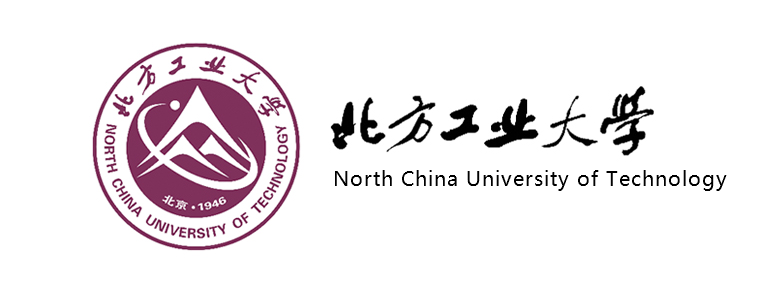
-
Guilin two rivers and four lakes
Guilin's "two rivers and four lakes" refer to the Lijiang River.
Views: 153 Time 2018-10-12 -
Beijing Ocean Hall
Beijing Ocean Hall, located on the North Bank of Changhe River in Beijing Zoo, is adjacent to Beijing Exhibition Hall, Astronomical Museum and Capital Stadium in the south. It covers an area of 120,00.
Views: 112 Time 2018-12-26 -
Dalian Sun Asia Ocean World
China's Romantic Marine Theme Paradise and Romantic Dalian Tourist Resort - Dalian Sanya Marine World. Located on the west side of Xinghai Square and in Xinghai Park, facing the sea and adjacent to ya.
Views: 170 Time 2019-01-07 -
Kirgizyolon
The "Yolong Song" of Kirgiz is a kind of folk etiquette song spread in the Kirgiz inhabited area living in Pamir area. As a cross-ethnic, cross-cultural and cross-regional phenomenon of folk.
Views: 292 Time 2019-05-09 -
Traditional Brewing Techniques of Brewing Wine
The traditional brewing technology of Jinhua liquor is the traditional handicraft technology of Jinhua City, Zhejiang Province. The typical representative and complete remains.
Views: 140 Time 2019-06-07 -
Uzbek Ehilai and Yelai
Uzbek Ehilai and Yelai are mainly distributed in Kashgar, Shache, Yecheng and Yining, Ili Kazakh Autonomous Prefecture, Xinjiang Uygur Autonomous Region. Uzbek people have excellent music and dance cu.
Views: 120 Time 2019-06-29 -
Wuju Opera
Wu Opera, commonly known as Jinhua Opera, is one of the local operas in Zhejiang Province. It centers on Jinhua area and is popular in Jinhua, Lishui, Linhai, Jiande, Chun'an, Yushan, Shangrao, Guixi,.
Views: 220 Time 2019-06-30 -
Beijing Electronic Science and Technology Institute
Beijing Electronic Science and Technology Institute is a general university which trains specialists in information security and office automation for Party and government organs at all levels. The Co.
Views: 148 Time 2019-09-06 -
The first bay of the Yellow River
The first bay of Jiuqu Yellow River is located in Tangke Town, Zoige County, Aba Tibetan and Qiang Autonomous Prefecture, Sichuan Province. It is the junction of Sichuan, Qinghai and Gansu provinces..
Views: 140 Time 2020-11-07 -
Climate characteristics of Mianyang
Mianyang City belongs to the humid monsoon climate zone of north subtropical mountain. In 2016, the average temperature was 17.9c, the days of excellent air quality were 279, and the average annual precipitation was 823.3mm. .
Views: 87 Time 2020-12-14 -
Animal resources in Neijiang
The animal resources in Neijiang are mainly livestock, poultry and some wild animals. Domestic animals include mammals, birds, insects, fish and domestic wild animals. There are pigs, cattle, sheep, rabbits and a small number of horses, mules and donkeys.
Views: 316 Time 2020-12-16
